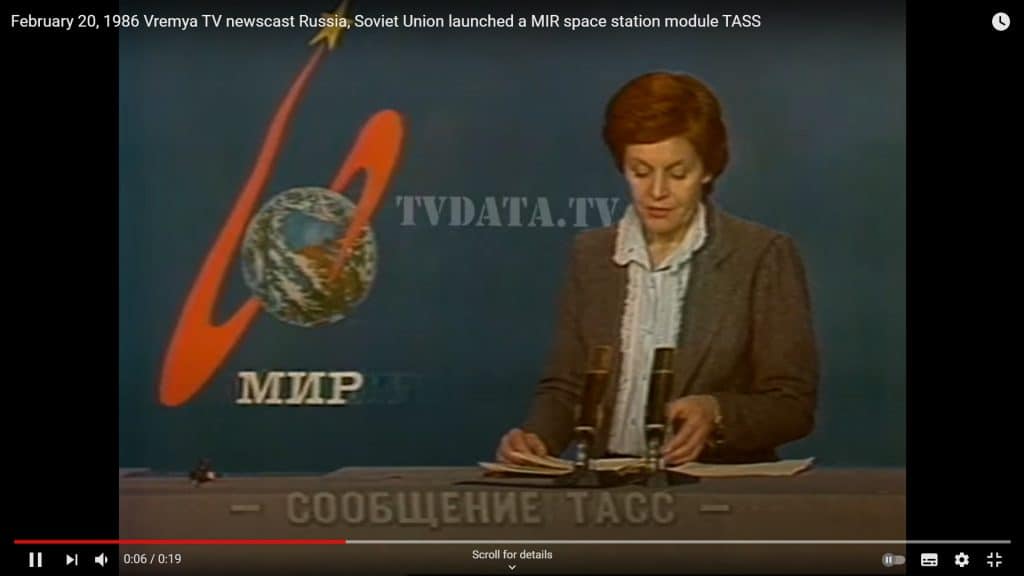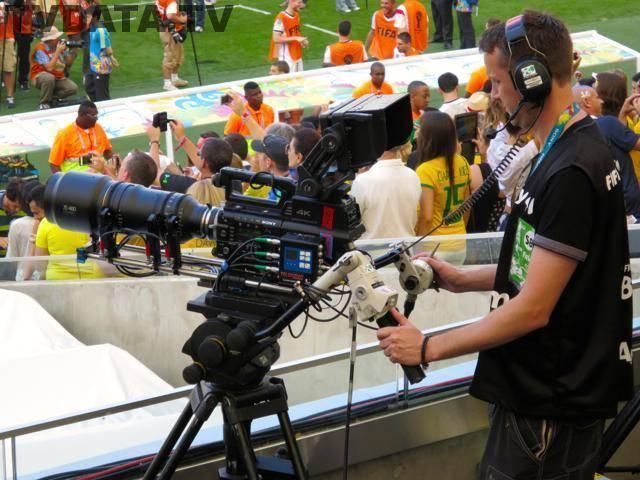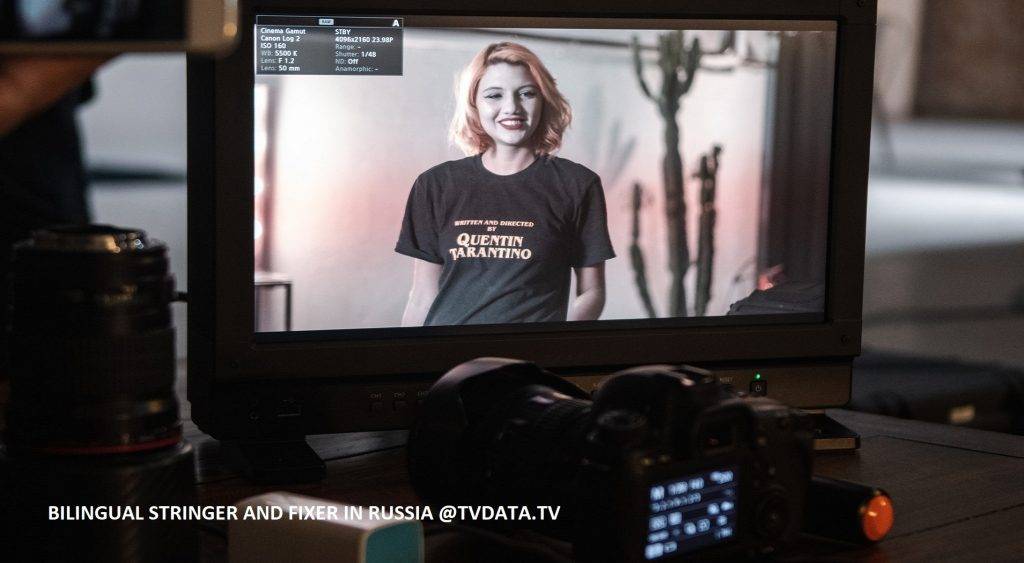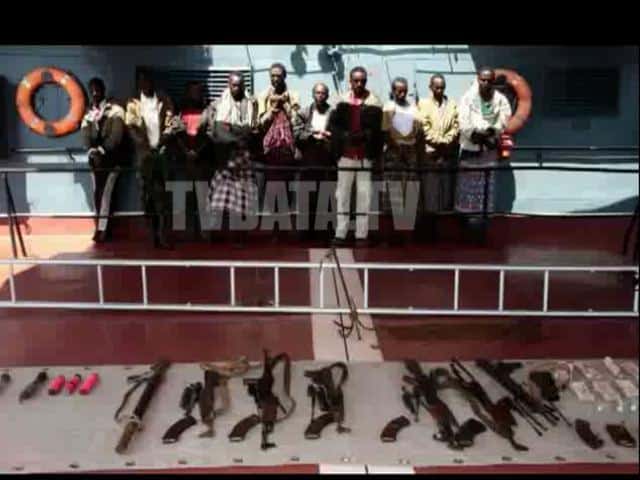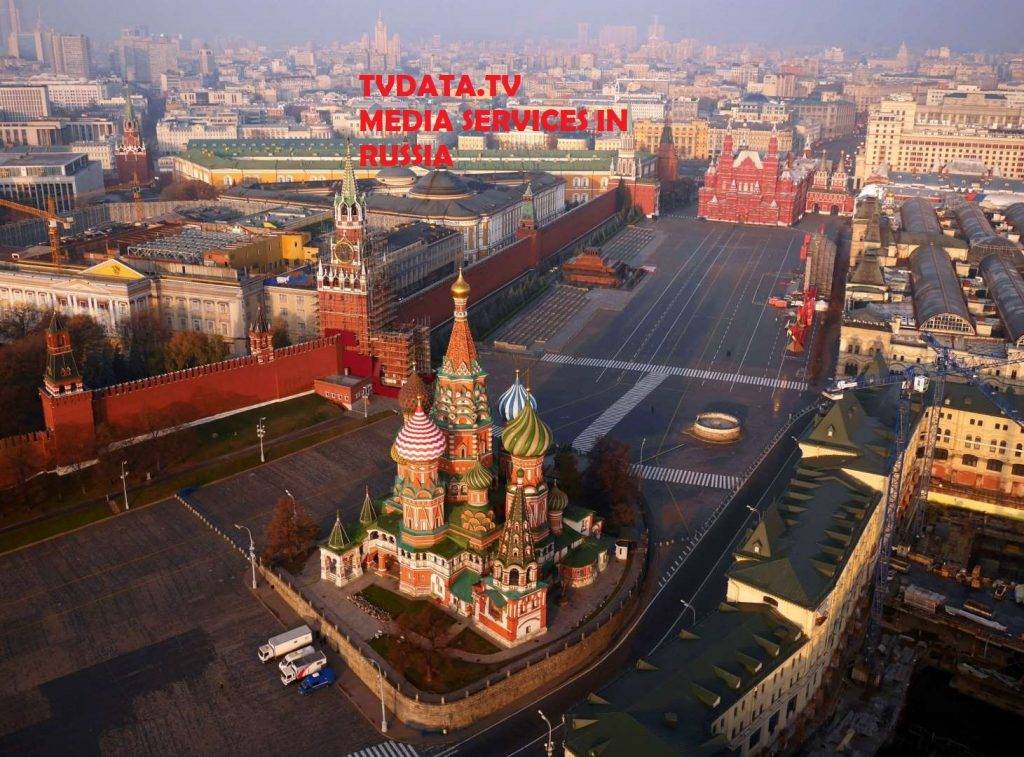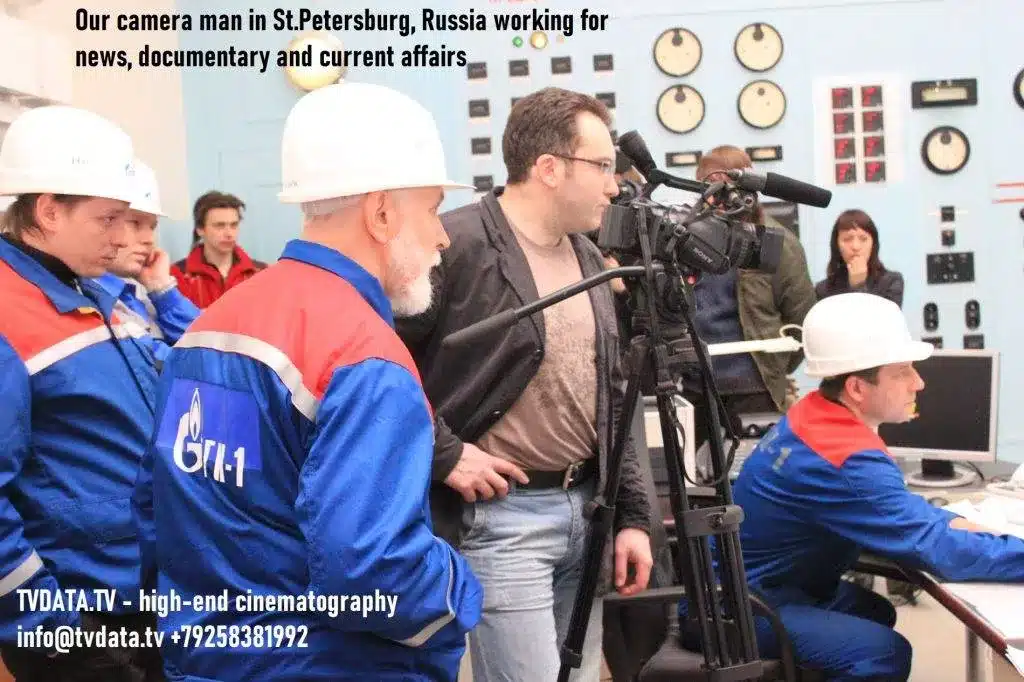Here we present footage from the Soviet broadcast TV video archive. For example, USSR broadcast television news announcements. Among videos, a Soviet broadcast on February 20th 1986, where the television programme Vremya announced on the air: “The orbital scientific station “Mir” launched in the Soviet Union”. You can preview a full video clip here. Besides, we have Central Television of the USSR Chernobyl nuclear reactor disaster announcement. At tvdata we license Soviet broadcast television channels announcement footage or copies in high resolution quality.
We are proud to showcase footage from the Soviet broadcast TV video archive, featuring historical USSR broadcast television news announcements. One notable example is the February 20th, 1986 broadcast of the television program Vremya, which announced on-air: “The orbital scientific station ‘Mir’ launched in the Soviet Union.” You can preview this full video clip at the provided link.
In addition, our archive includes the Central Television of the USSR’s announcement of the Chernobyl nuclear reactor disaster, a pivotal moment in history. At TVData, we offer licensing for Soviet broadcast television channels’ announcements and footage in high-resolution quality. We provide a unique glimpse into the past.
Streaming Newscaster Reading The Breaking News from Moscow
#EnglishSubtitles #SovietBroadcastTV #TVData #USSRHistory #AccessibleArchives
We can provide a television studio service in Russia and organize a Newscast with a presenter reading The Breaking News from Moscow. If you would like to set up a political debate, we are here to organise your multichannel broadcast.
Indeed, Vremya (Время), the main news program on Soviet television in the 1980s, was an important part of the USSR’s propaganda machine.
As the primary source of information for millions of Soviet citizens, Vremya played a crucial role in shaping public opinion and presenting the Soviet government’s narrative on various issues, both domestic and international.
The program was designed to emphasize the successes of the Soviet system and criticize the West, particularly the United States. It often focused on showcasing the achievements of Soviet science, technology, and culture, while downplaying or even ignoring any negative events or problems within the country. In conclusion, Vremya played a significant role as a Soviet propaganda program during the 1980s, and its legacy can still be observed in some aspects of the modern Russian media landscape.
#Vremya #SovietPropaganda #1980s #USSR #SovietTelevision #MediaManipulation
- Streaming Newscaster Reading The Breaking News from Moscow
- We have access to Soviet Broadcast Channel video archive footage databases
- Ostankino Television was the largest and most modern TV station in the Soviet Union
- CT USSR, or Central Television of the USSR, was the main television channel in the Soviet Union during the Soviet era.
- We offer Soviet-era stock footage
- historic footage captures the aftermath of the Chernobyl nuclear accident in 1986 as announced on April 28th by Soviet officials
We have access to Soviet Broadcast Channel video archive footage databases
However, there were several broadcast television channels in the Soviet Union, and some of their programming available as stock footage. During the Soviet era, Central Soviet Television (CTC) broadcast some historical events. In the Soviet Union, a state-controlled television network provided news, entertainment, and propaganda. CTC announced a number of major events, including:
- Joseph Stalin died in 1953, the last leader of the Soviet Union.
- The launch of the first man-made satellite, Sputnik, in 1957.
- The Cuban Missile Crisis in 1962.
- The death of Soviet leader Leonid Brezhnev in 1982.
- In 1986, there was a nuclear disaster at Chernobyl.
- 1991 was the year of the collapse of the Soviet Union.
One of the main television channels in the Soviet Union was called “Central Television” or “CT USSR”. This channel broadcast a wide range of programs, including news, documentaries, and entertainment shows. Other Soviet television channels included “Leningrad Television”, “Moscow Television”, and “Ostankino Television”.
Ostankino Television was the largest and most modern TV station in the Soviet Union
During the Soviet era, television played an important role in disseminating government propaganda and shaping public opinion. CT USSR was the main channel for state-controlled programming, broadcasting everything from political speeches to Soviet-produced films and TV series. Leningrad Television and Moscow Television served as regional channels, with programming focused on local news and cultural events. Meanwhile, Ostankino Television was the largest and most modern TV station in the Soviet Union, with state-of-the-art studios and a wide range of programming that included live sports events, music concerts, and variety shows.
Soviet citizens would gather around their TV sets to watch the latest news updates, catch up on their favorite shows, and stay connected with the rest of the country. Today, this era of Soviet television represents a unique and fascinating chapter in the history of media and entertainment.
CT USSR, or Central Television of the USSR, was the main television channel in the Soviet Union during the Soviet era.
It was a state-owned and controlled channel, broadcasting programming produced and approved by the government. CT USSR aired a variety of content, including news, documentaries, and entertainment shows, which were all designed to promote Soviet ideology and values. The channel was widely watched across the country, with millions of Soviet citizens tuning in to watch the latest updates on current events and other programming. CT USSR played an important role in shaping public opinion and disseminating government propaganda during the Soviet era. Today, the channel is considered an important part of Soviet cultural history and a fascinating subject for those interested in media studies and Soviet history.
and Images. You can browse their collections and search for footage related to Soviet television channels, or specific programs or events that were broadcast on these channels.
We offer Soviet-era stock footage
It’s important to note that accessing and using stock footage may require payment or licensing, and it’s important to ensure that the footage is used appropriately and in compliance with copyright laws. Additionally, some footage may require additional permissions or releases if it contains recognizable people, places, or brands. It’s important to research the specific requirements for each piece of footage that you intend to use.
historic footage captures the aftermath of the Chernobyl nuclear accident in 1986 as announced on April 28th by Soviet officials
The announcement sent shockwaves across the globe, revealing the magnitude of the catastrophe that unfolded at the power plant. This newscast footage offers a rare and invaluable insight into the early stages of the crisis, featuring Soviet officials addressing the accident and its consequences. The video captures the fear and uncertainty that loomed as the Soviet Union confronted the grim reality of a nuclear disaster.
This footage serves as a crucial resource for filmmakers and historians. Those, Who are seeking to understand the far-reaching effects of the Chernobyl disaster on both the Soviet Union and internationally. With its high-quality resolution, the footage is ideal for documentaries, educational videos, and various visual projects that aim to portray this historic event. CT USSR, Central Television, Soviet Union, television channel, state-owned, state-controlled, government propaganda, news, documentaries, entertainment, Soviet ideology, Soviet culture, media studies, Soviet history.
